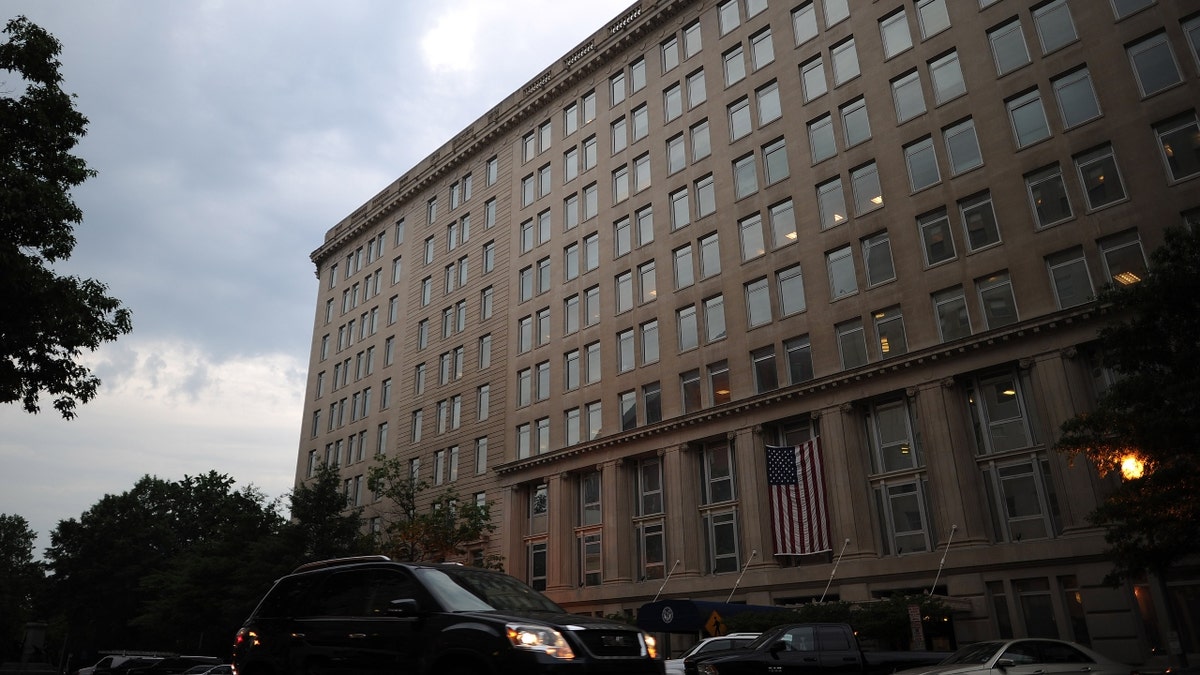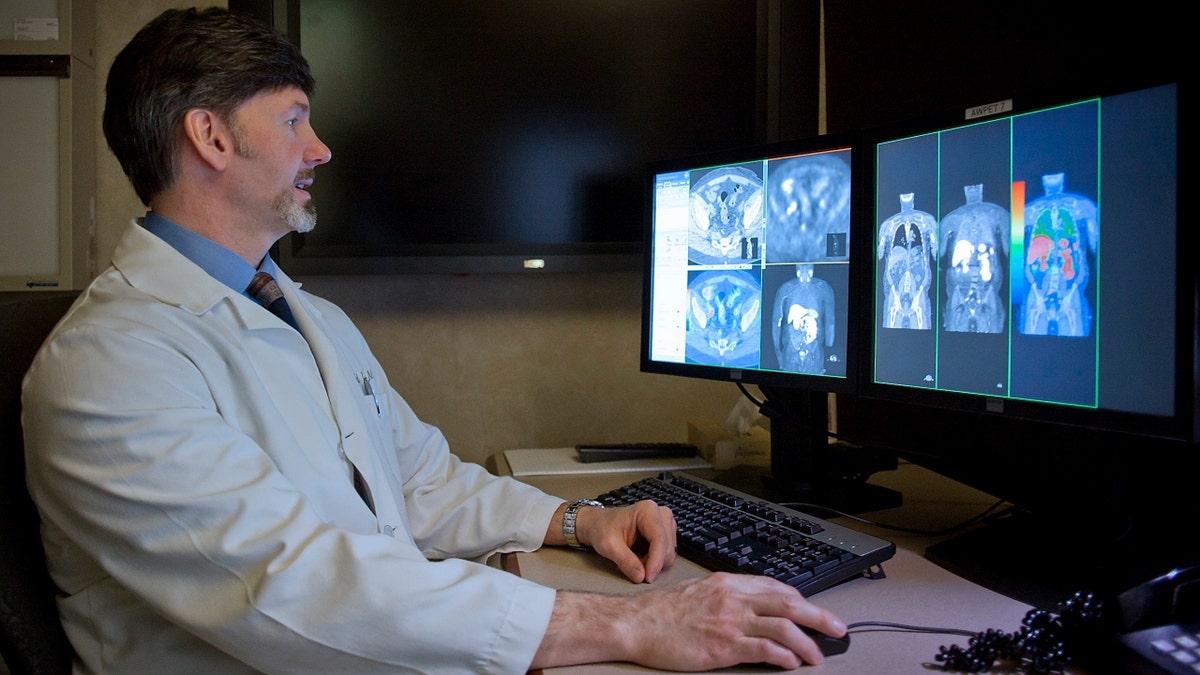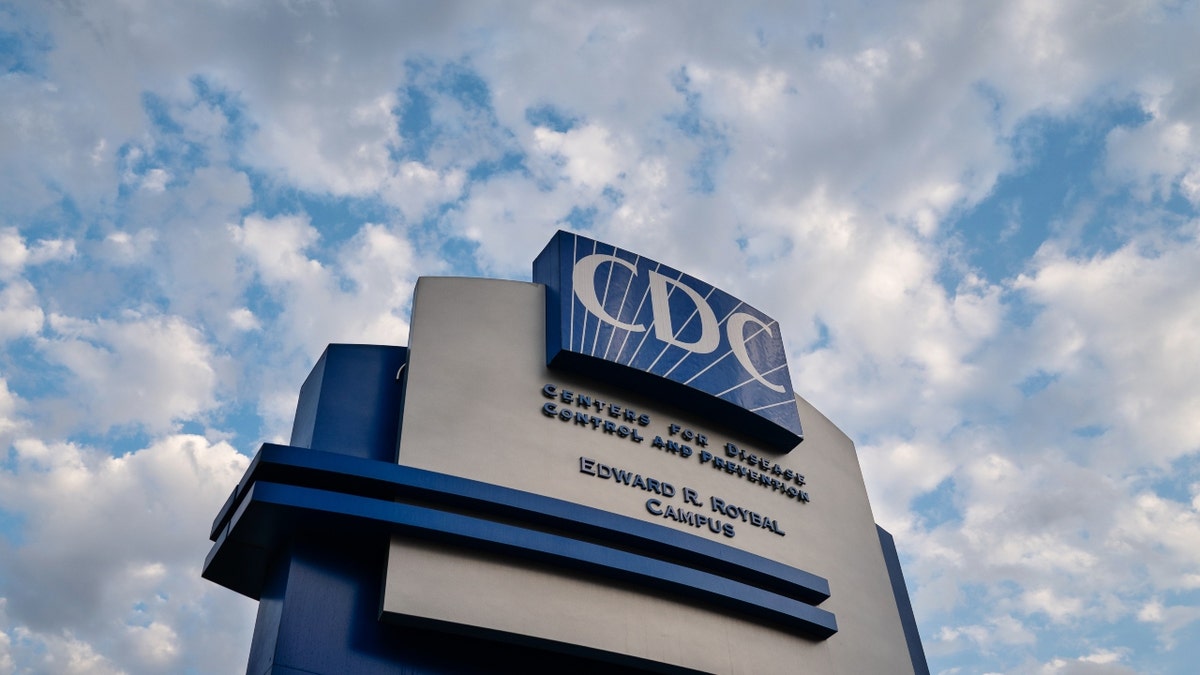Artificial Intelligence detecting cancer in some U.S. hospitals
Doctors believe Artificial Intelligence is now saving lives, after a major advancement in breast cancer screenings. A.I. is detecting early signs of the disease, in some cases years before doctors would find the cancer on a traditional scan.
Department of Veterans Affairs researchers at five medical centers are working together to develop an artificial intelligence algorithm that can predict aggressive prostate cancer.
The new research study began July 1, expanding to 14 sites.
It will analyze data from more than 5,000 veterans who were diagnosed with high-risk prostate cancer and have undergone initial treatment.
The method is using diagnostic images like MRIs, high resolution scans of prostate biopsies and variables like income and geographic location to recognize patterns that are indicative of aggressive prostate cancer.
TALK THERAPY? AI MAY DETECT 'EARLIEST SYMPTOMS' OF DEMENTIA BY ANALYZING SPEECH PATTERNS

\The United States Department of Veterans Affairs headquarters is seen on Wednesday, May 28, 2014, in Washington, D.C. (Photo by Matt McClain/ The Washington Post via Getty Images)
In a release, the department said there would be minimal cost increase for a facility to use the tech.
"No one else has incorporated socioeconomic conditions into a predictive model for high-risk prostate cancer, but we’ve seen multiple studies showing how they are a factor in veterans’ health," Dr. Carolyn Clancy, assistant Under Secretary for Health for Discovery, Education and Affiliate Networks, said in a statement.
Study investigators are also leveraging cloud storage, computing infrastructure, and databases unique to its programs, including the Million Veteran Program and the Prostate Cancer Foundation-VA partnership.

Radiologist Val J. Lowe, director of the cancer imaging program at the Mayo Clinic Cancer Center, compares a CT scan to a choline C-11 PET scan of a patient with recurrent prostate cancer at the Mayo Clinic medical center in Rochester, Minnesota, on Wednesday, Jan. 30, 2013. (Photographer: Ariana Lindquist/Bloomberg via Getty Images)
AI TECH IDENTIFIES SUICIDE RISK IN MILITARY VETERANS BEFORE IT'S TOO LATE: 'FLIPPING THE MODEL'
"A digital repository for data will allow for development, testing and validation of prognostic classifiers that could positively impact clinical management of veterans with high-risk prostate cancer," Dr. Matthew Rettig, chief of oncology and hematology at the Greater Los Angeles VA Medical Center and co-principal investigator for the study, said. "The infrastructure developed by this research will serve as a valuable hub for future discovery and … serve as a roadmap to develop similar AI algorithms for other cancers, such as lung cancer and even non-cancerous diseases that commonly affect our veterans."

Signage stands outside the Centers for Disease Control and Prevention headquarters in Atlanta on Saturday, March 14, 2020. (Photographer: Elijah Nouvelage/Bloomberg via Getty Images)
Prostate cancer is the second most common cancer among men in the United States, according to the Centers for Disease Control and Prevention.
As of 2020, the latest year for which incidence data are available, the agency said there were 201,082 new cases of prostate cancer reported among men in the U.S., and 32,707 men died of this cancer.
CLICK HERE TO GET THE FOX NEWS APP
The agency notes that prostate cancer is the second-most commonly diagnosed cancer among U.S. veterans and that it makes up 30% of new cancer diagnoses in the department.
Approximately one in eight men will be diagnosed with prostate cancer at some point in their lifetime.





















